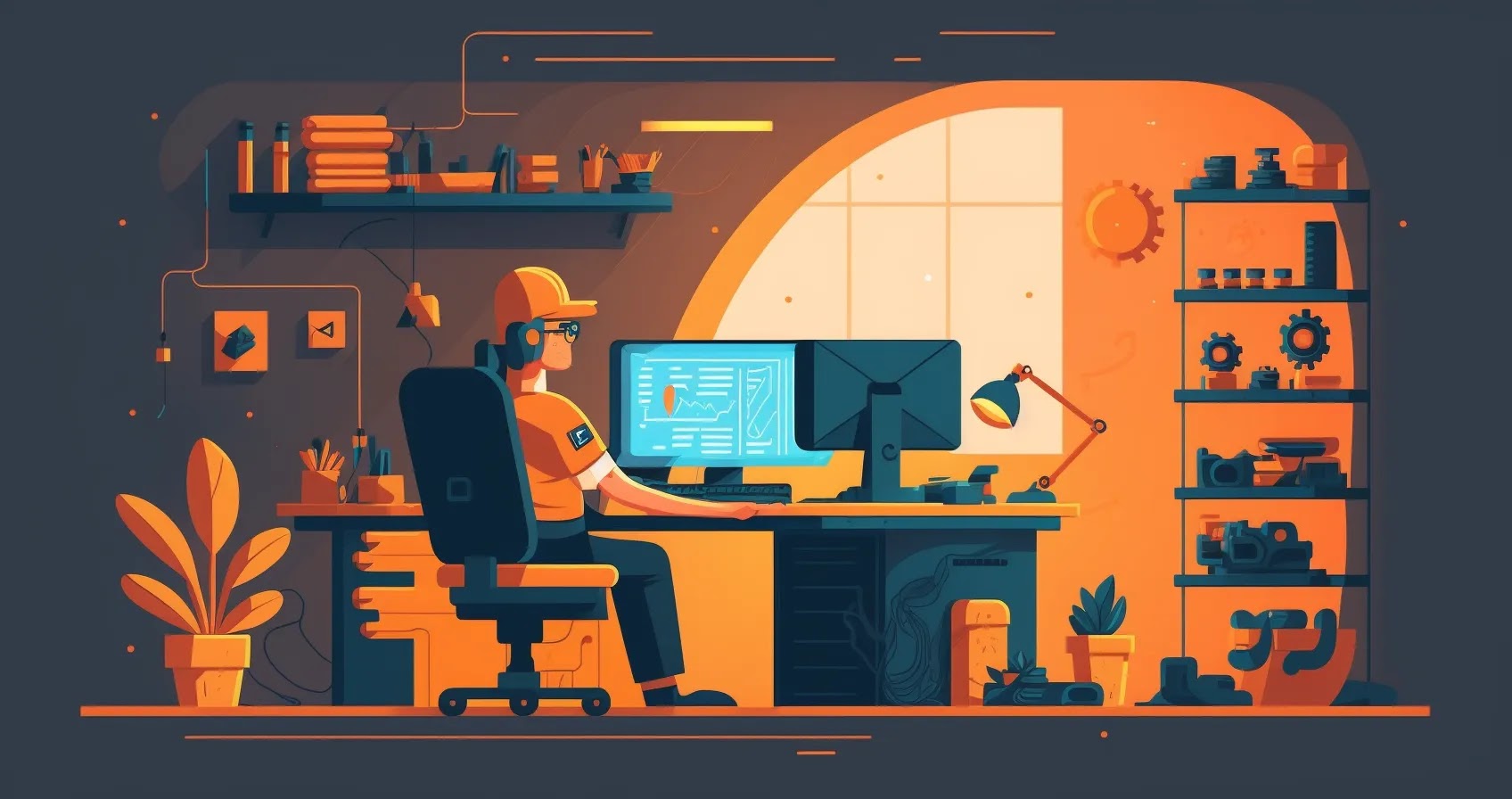As an office engineer, your role is to ensure that construction projects are completed on time, within budget, and to the client’s satisfaction.
You’ll responsible for coordinating with project managers, field engineers, and contractors to ensure that everything runs smoothly.

Quick Navigation:
Reasons why you should become an Office Engineer
If you are interested in a career that combines your technical and organizational skills, then becoming an office engineer may be the perfect fit for you.
The construction industry is constantly growing and in need of skilled professionals who can ensure that projects are completed efficiently and effectively.
As an office engineer, you will have the opportunity to work on a variety of different projects and be a part of a team that is making a difference in the world by building bridges, roads, and buildings.
How to become an Office Engineer
To become an office engineer, you will typically need a bachelor’s degree in civil engineering or a related field. It is also important to gain experience in the construction industry through internships or entry-level positions.
You will need to have strong organizational, communication, and problem-solving skills to succeed in this role. Additionally, obtaining a professional engineering license can be beneficial for advancing your career.
Career Path of an Office Engineer
As an office engineer, you can expect to start out in an entry-level position and work your way up to more senior roles such as project manager or construction manager.
You may also have the opportunity to specialize in a particular area such as structural engineering, transportation engineering, or environmental engineering.
Career Development
Continuing education and professional development are important for career advancement in this field.
You can attend conferences, workshops, and training sessions to stay up-to-date with the latest industry trends and advancements.
Additionally, obtaining certifications such as the Project Management Professional (PMP) certification can enhance your skills and increase your earning potential.
Requirements of an Office Engineer
To be successful as an office engineer, you will need to have a strong understanding of engineering principles, construction methods, and project management techniques.
You should also be familiar with industry standards and regulations, and have experience using computer-aided design (CAD) software.
Interview Preparation for an Office Engineer
Before your interview, be sure to research the company and the specific role you are applying for. Practice answering common interview questions and be prepared to discuss your technical skills and experience in the construction industry.
Additionally, be ready to provide examples of how you have successfully managed projects and solved problems in the past.
Work-Life Balance
As an office engineer, you can expect to work full-time hours with occasional overtime during busy periods. However, many companies offer flexible work schedules and the ability to work from home.
It is important to maintain a healthy work-life balance and prioritize self-care to avoid burnout.
A Day in the Life of an Office Engineer
| Time | Task |
|---|---|
| 8:00 AM | Check emails and review project status updates |
| 9:00 AM | Coordinate with project manager and field engineers to resolve any issues |
| 11:00 AM | Review project plans and specifications |
| 12:00 PM | Lunch break |
| 1:00 PM | Prepare project reports and update project schedules |
| 3:00 PM | Review field reports and address any concerns |
| 4:00 PM | Attend project meetings and provide updates on progress |
| 5:00 PM | Wrap up for the day and prepare for tomorrow’s tasks |
Wrapping Up
Becoming an office engineer can be a rewarding and fulfilling career path. With the right education, skills, and experience, you can make a significant impact on the construction industry and work on projects that have a lasting impact on communities.
Remember to prioritize your own self-care and work-life balance to ensure long-term success in this field.






